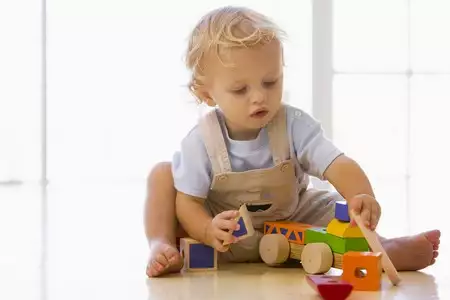Is my baby developing properly? Are his/her current behaviour and motor skills age appropriate? Do I need to see a paediatric neurologist urgently? An article by a specialist from the Silesian Paediatrics Centre in Zabrze answers these and other questions. The first part of the text discusses the child's development in the first 6 months of life.
The most important and most frequently asked question faced by both obstetricians and then paediatricians is "Is my baby developing correctly? Are his/her current behaviour and motor skills age appropriate?".
It is relatively simplest to assess the elements of physical development - in most cases a regular check of weight and length is sufficient. It is much more difficult to assess psycho-neurological development. The two elements of development obviously intertwine. For example: nutritional deficiencies or various chronic diseases (kidney, liver, intestines) can significantly impair both the physical and mental development of a child.
It is also extremely important to remember that every infant requires constant contact with its mother for proper development. From the first week of life, the baby needs to be fed several times a day and on average it takes the mother 5-7 hours a day to feed, change, bathe, hold and cuddle the baby. In those babies where contact with the mother has been limited, stunted development occurs. In his book, Professor Theodor Hellbrügge of the Children's Centre and Institute for Social Paediatrics and Adolescent Medicine at the University of Munich described children from the upper social classes, in excellent health, who were unable to make it in school and later in their careers, despite their reported high level of intelligence, if they were deprived of their mother's closeness during the first years of their childhood.

A study on the development of adopted children carried out at the Munich Children's Centre showed that the first three years of a child's life are the most important for proper social development. Children who were adopted in the first year of life, with appropriate counselling and treatment, had no adaptation difficulties in their adoptive family. In contrast, children who left the children's homes at the age of 3 years or later showed disorders that were only marginally manageable, despite intensive therapy.
A decisive condition for the social development of the infant and young child is the constant care of 5 to 6 hours a day by one and the same person. This does not have to be the birth mother, but during early childhood, any change in the person taking care of the child means a permanent violation not only of the child's social development, but also of speech and all psychomotor behaviour.









